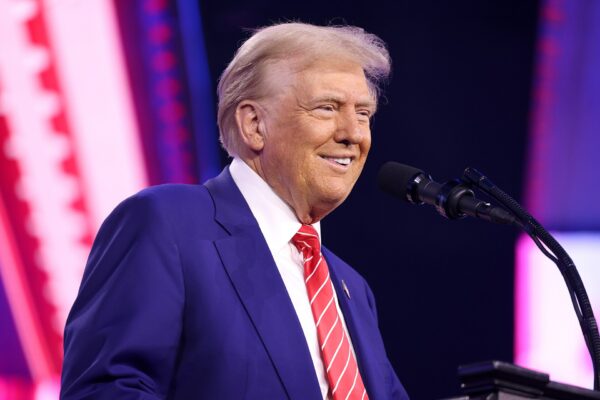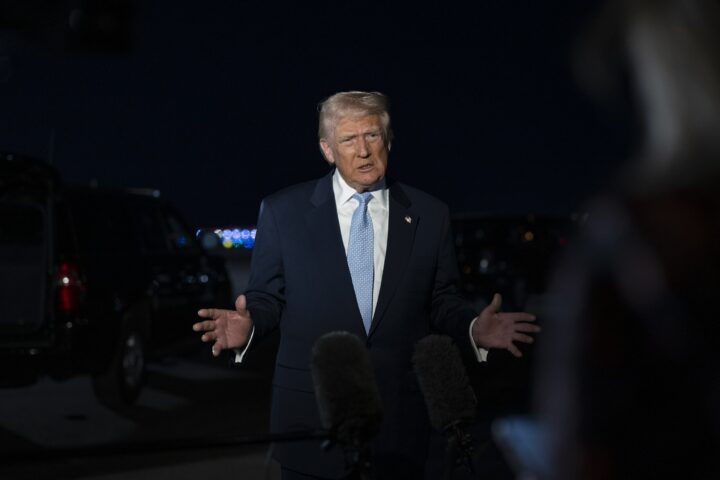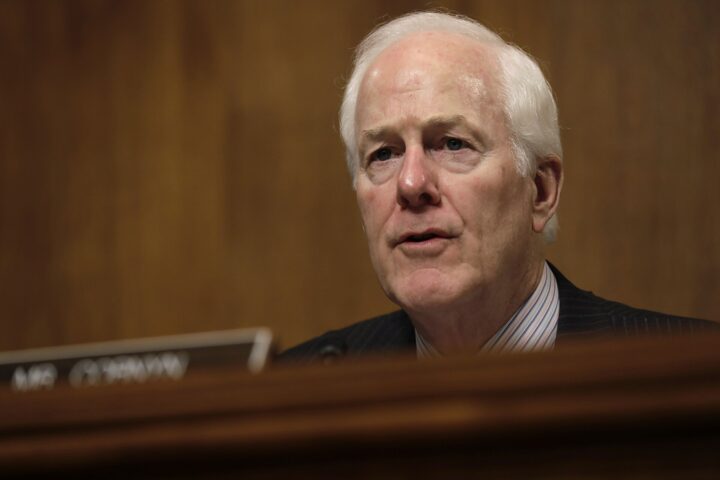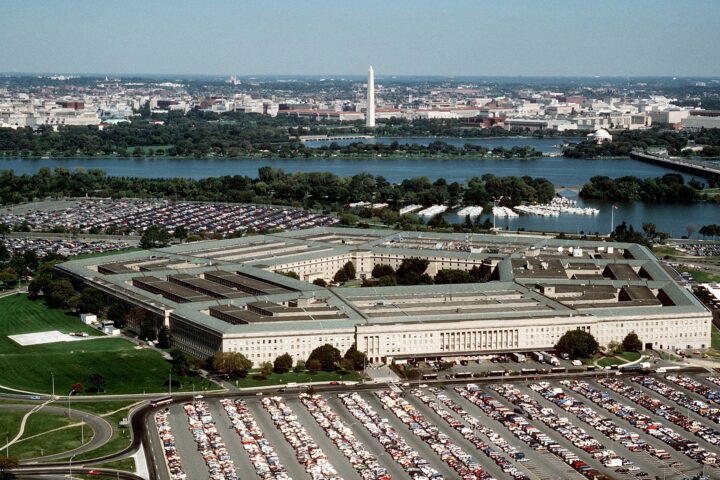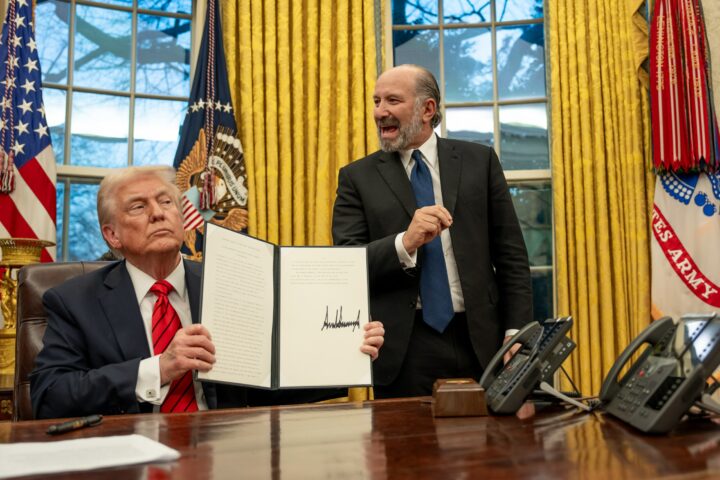President Donald Trump reportedly announced on Sunday that he would postpone the implementation of a proposed 50% tariff on imports from the European Union, extending the deadline from June 1 to July 9.
This decision came after a conversation with Ursula von der Leyen, the President of the European Commission, who requested additional time to negotiate a favorable trade agreement.
In a post on Truth Social, Trump shared details of the call with von der Leyen, indicating that he was willing to grant the extension.
“It was my privilege to do so,” he wrote, emphasizing the importance of the U.S.-EU trade relationship. Von der Leyen echoed this sentiment, stating in her own post that the EU is prepared to engage in swift and decisive discussions to reach a “good deal.”
The announcement to delay the tariffs marks a shift in Trump’s aggressive trade strategy, which had recently escalated tensions between the U.S. and the EU. Just days before, Trump had declared his intention to impose the steep tariffs, accusing the European Union of exploiting trade advantages at the expense of American interests.
He characterized the EU as a major obstacle in trade negotiations, citing various barriers and taxes that he argued contribute to a significant trade deficit with the bloc.
“The European Union, which was formed for the primary purpose of taking advantage of the United States on trade, has been very difficult to deal with,” Trump stated.
He previously claimed that the U.S. faced an annual trade deficit exceeding $250 billion with the EU, a figure he deemed unacceptable.
During a press briefing in Morristown, New Jersey, Trump reiterated his commitment to renegotiating trade terms, stating that von der Leyen expressed a desire for serious negotiations.
Earlier this month, the U.S. and China had also made strides in lowering tariffs as part of ongoing discussions, suggesting a broader shift in international trade dynamics.
As the administration navigates these complex trade relationships, the delay on the EU tariffs reflects both a willingness to engage in diplomacy and the recognition of the challenges inherent in such negotiations.
The outcome of these discussions could have significant implications for U.S.-EU relations and the global trade landscape.
Trump’s approach to trade has consistently emphasized America First principles, aiming to reshape international agreements to favor U.S. interests.
As the July deadline approaches, observers will be watching closely to see how the negotiations unfold and whether a resolution can be reached that satisfies both parties.
In the meantime, the business community and international markets are likely to respond to the uncertainty surrounding these tariffs, as the implications for industries reliant on transatlantic trade hang in the balance.
The coming weeks will be critical in determining the future of U.S.-EU trade relations as both sides seek to navigate a path forward.
[READ MORE: Trump DOJ Takes On UN Bureaucrat]

